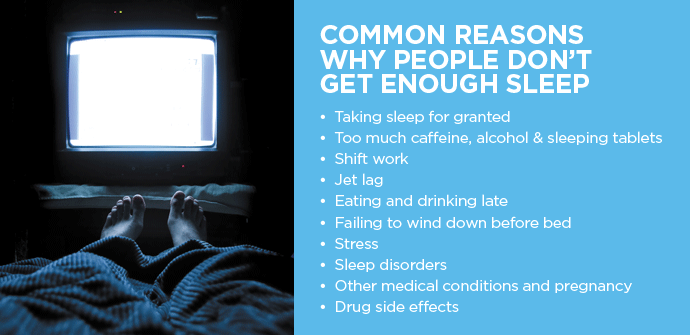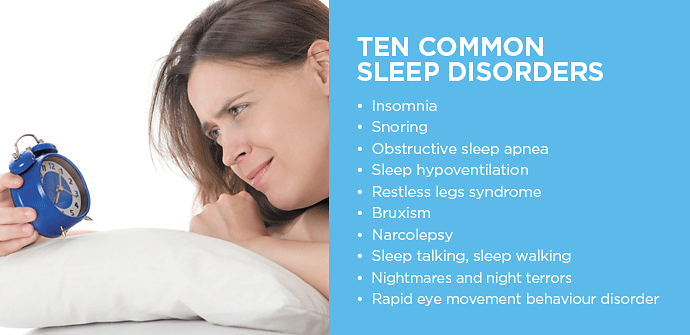What is Time to Talk Day?
Well, it is the UK’s biggest mental health conversation! It happens on 2nd February every year, and it’s a day for friends, families, communities, and workplaces to come together to talk and listen to each other, and hopefully to change lives.
Time to Talk Day is run by Mind and Rethink Mental Illness, is in partnership with the Co-op, and is supported by Time To Change Wales, See Me and Change Your Mind / Inspire.
We know it can be hard to talk about mental health, but a conversation has the power to change a life; and the more conversations we have, the better!
Did you know, as many as 1 in 4 people will experience a mental health problem each year? This is why we want everybody to be comfortable talking about their mental health. Talking to each other about our mental health reduces stigma and helps to create a supportive community in which we can talk openly about our mental health, and allows us to seek help when we feel that we need it.
It can be as simple as asking, “How are you?” - make space in your day for a conversation about mental health this Time to Talk Day!

























